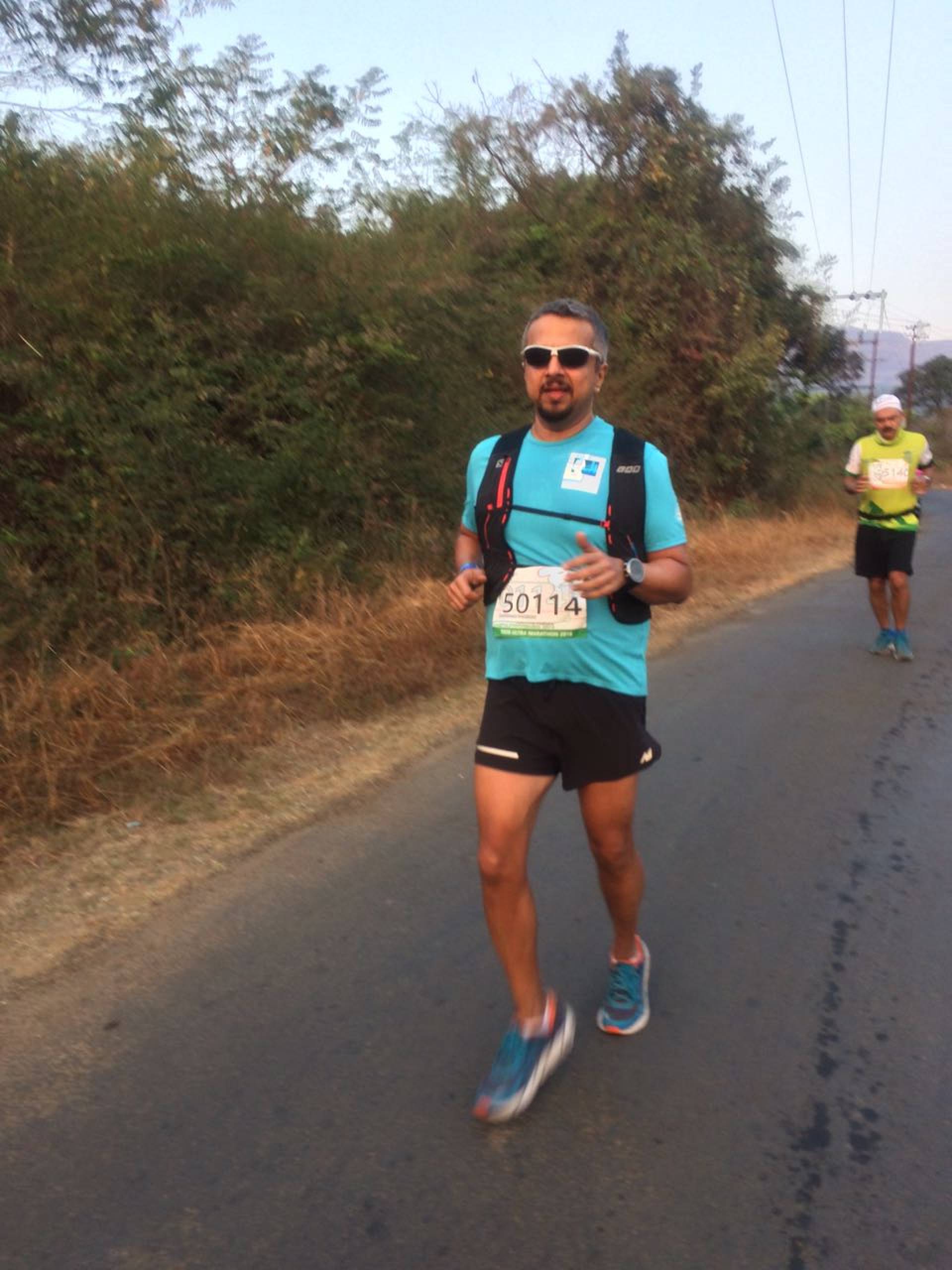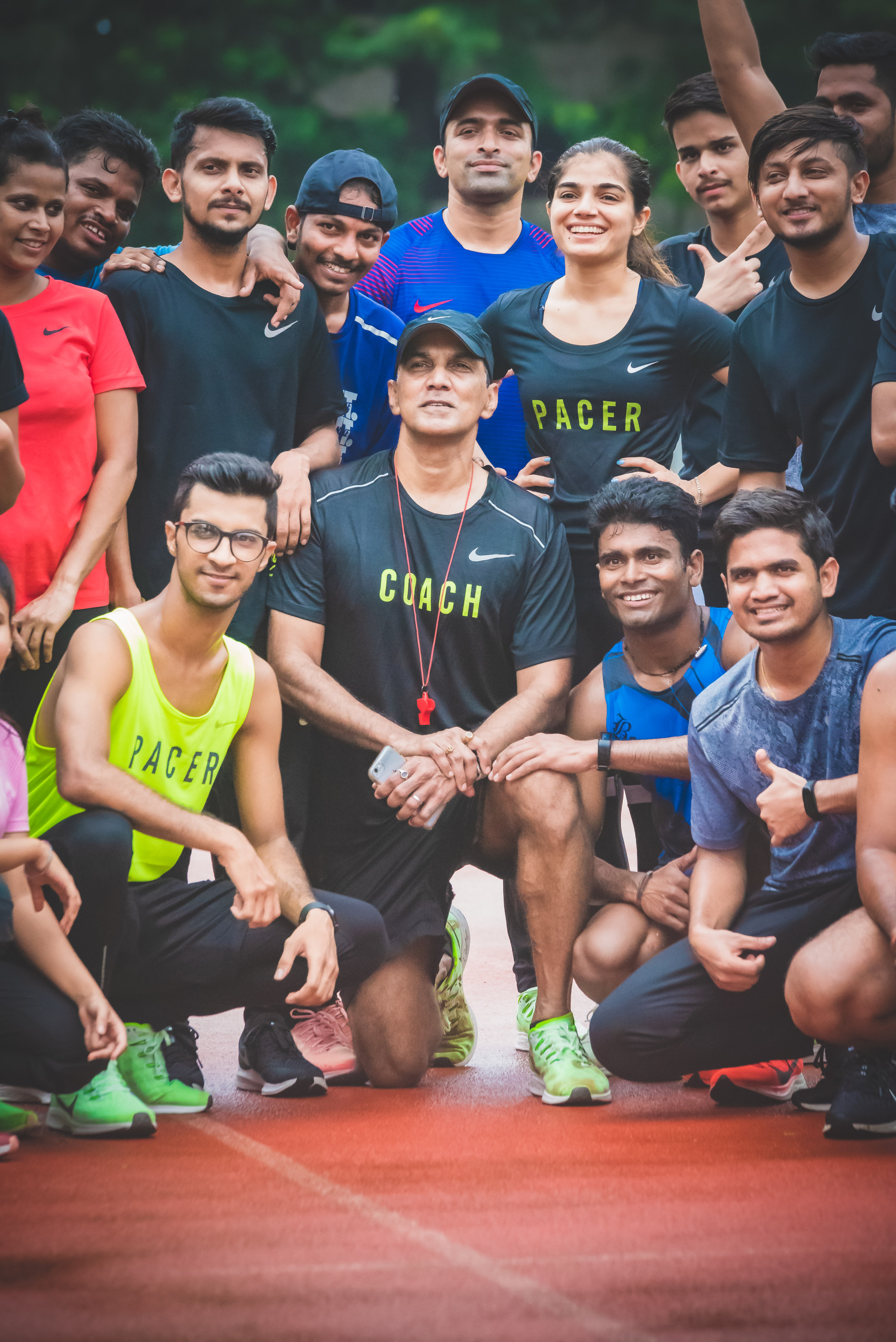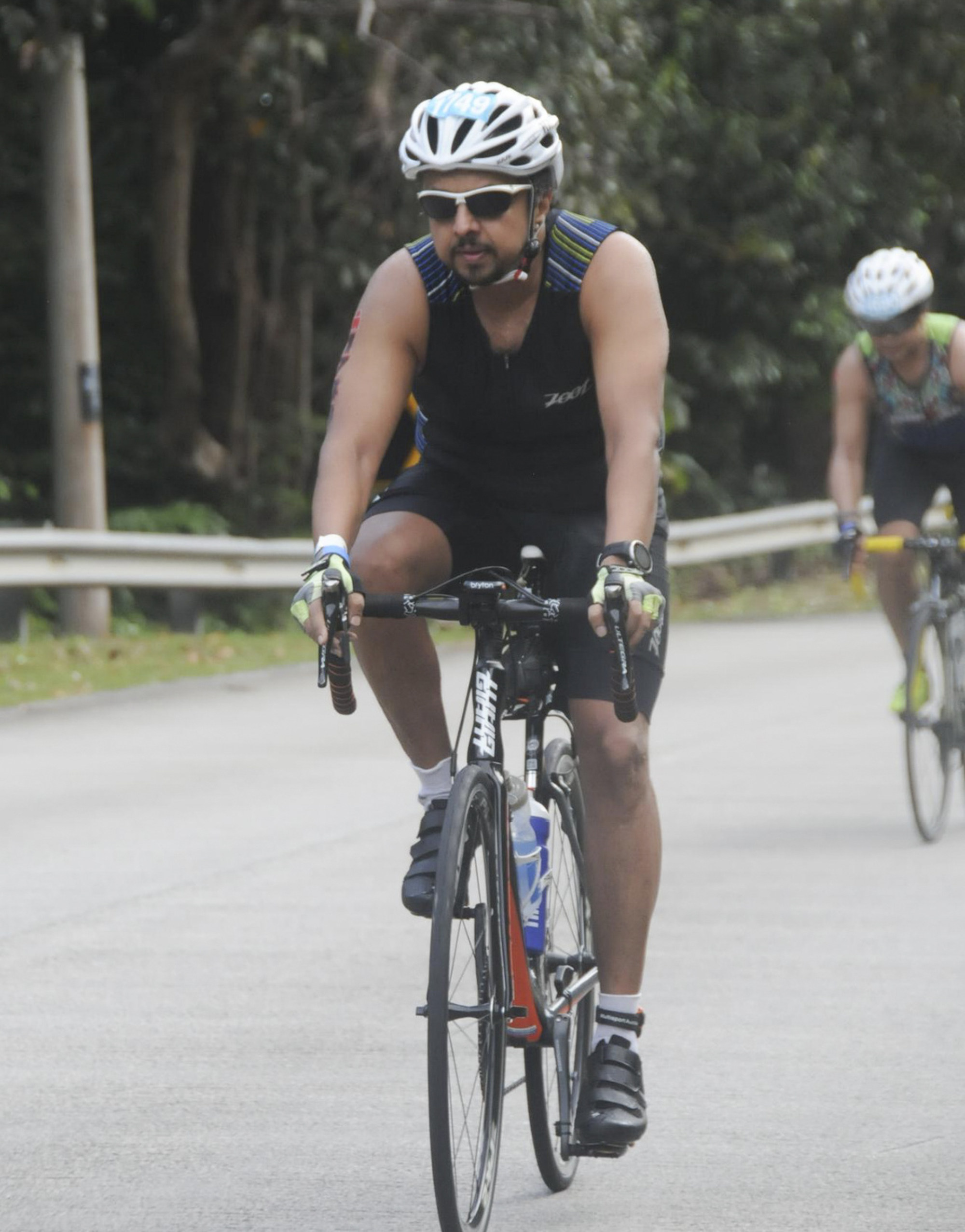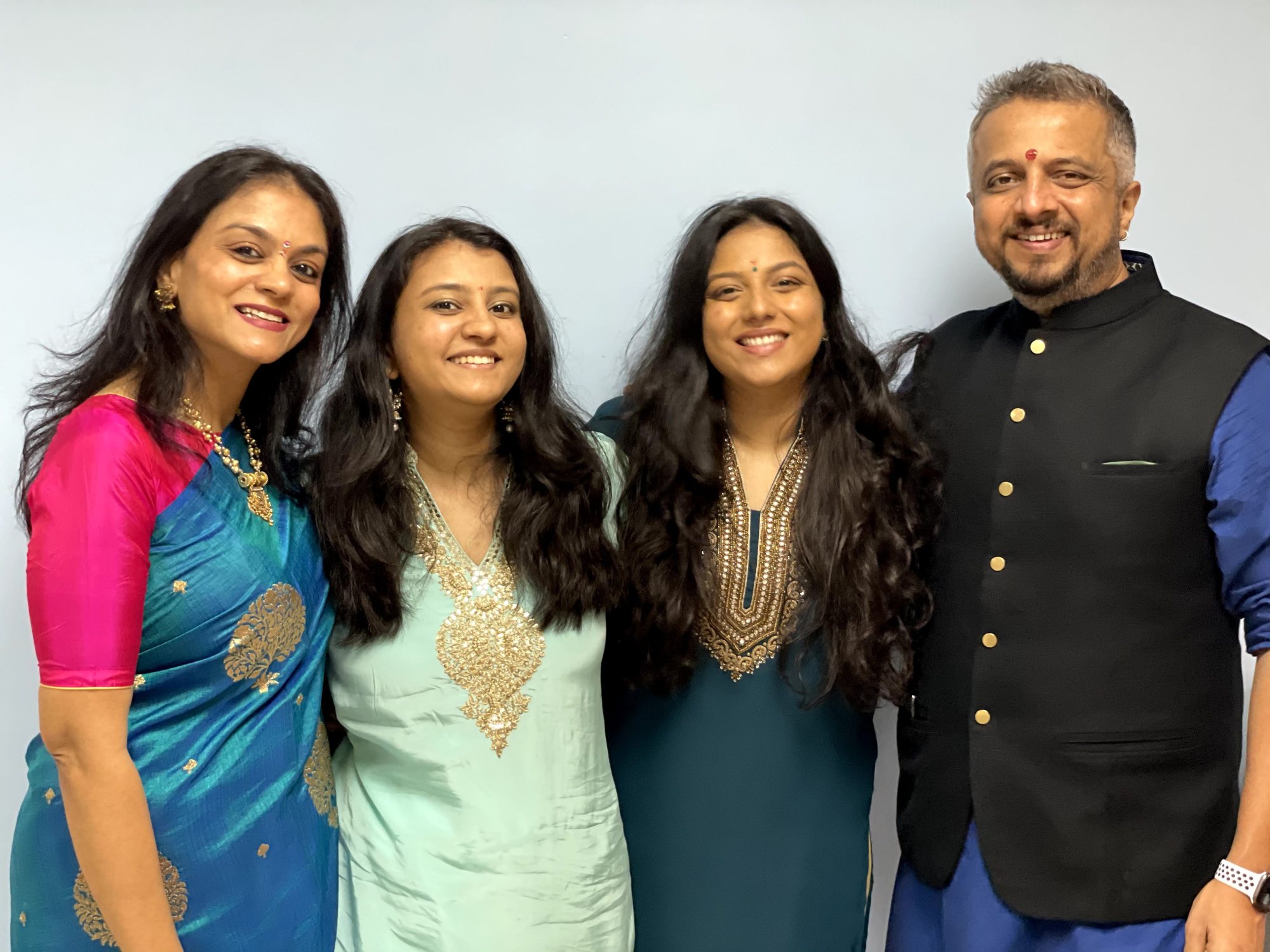
How to lose weight – exercise or drugs? Running is businessman’s choice, and he loses 22kg and gains a passion for marathons
- A doctor’s assessment that 102kg businessman Darshan Parekh had high blood pressure and cholesterol led him to start running – now he trains six times a week
- With the help of a coach, Hong Kong-based Parekh has competed in marathons and triathlons while keeping injury-free, healthy and passionate about running
Medication or exercise – which would you choose? Darshan Parekh was given these options when he was diagnosed with high blood pressure and high cholesterol during a routine medical examination in 2009.
The Indian-born, Hong Kong-based businessman, just shy of his 40th birthday at the time, chose to get active.
He took up running – something he had never done before – and the results have been remarkable. Parekh, who at time weighed 102 kilograms (225 pounds), shed 22kg in two years and has kept the weight off since.
He developed a passion for long-distance running, and has competed in more than 30 marathons and ultra-marathons in the past 13 years.

His running repertoire includes five of the world’s six major marathons – the Chicago, Berlin, London, Tokyo and New York marathons. He has run the Hong Kong Marathon 10 times, the Mumbai Marathon nine times, completed the 89km (55 mile) Comrades Marathon in South Africa and has run the 56km Two Oceans Marathon in Cape Town twice.
Parekh has also finished two Half Ironman races – 113km triathlons that include swimming, cycling and running – in Malaysia and the United Arab Emirates.
“When I started running, I could barely run 300 metres (330 yards) without stopping to catch my breath,” says Parekh, now 52, who began with short runs near his home in Whampoa in Kowloon.
His stamina improved and he was soon running 5km to 6km a day. Then he doubled that. The more distance he clocked up, the more weight he lost. In 2012, a friend introduced Parekh to Daniel Vaz, head coach of the Nike Run Club in Mumbai, India.
“Meeting Daniel is what changed my running trajectory,” says Parekh, who ran his first full marathon in Mumbai in 2013 in four hours and 55 minutes. “Daniel corrected my running form, advised me on race nutrition, hydration and recovery.”

By 2016, Parekh had run 10 marathons and his legs had started to cramp during races. Vaz recommended he adopt a run-walk-run strategy made popular by US Olympian Jeff Galloway.
Vaz and Parekh came up with an optimal formula for Parekh to run-walk-run: eight minutes of running followed by one minute of walking. He has since run events using this strategy and has shaved 20 to 25 minutes from his previous full marathon time.
His personal best time was four hours and 19 minutes in the London Marathon in 2019, at 48 years of age.

Vaz, a US National Strength and Conditioning Association-certified specialist and Ironman-certified coach, explains how the strategy works.
“The run-walk-run method can help you run faster and better as compared to running all through the race. The walk breaks reduce the impact on the muscles, joints, and tendons, and lowers the heart rate. Runners feel rested after walking and are able to run at a faster pace with better form and alignment, and with less fatigue.”
Parekh runs six times a week. When preparing for a race, he can clock up 120km a week. At other times, he runs an average of 50 to 60km. For runs of more than 10km, he adopts the run-walk-run strategy. He is currently gearing up to run-walk-run the Mumbai Marathon in January 2023.

Parekh, who says running has improved his physical and mental well-being, has remained injury-free over the years. He attributes this to following the run-walk-run method, strength training and yoga practice.
“Weight training has strengthened my muscles, improved my running form and increased my endurance,” Parekh says. He also does yoga for 15 minutes daily, and practises meditation every day.
“It keeps me calm and has taught me to live in the moment,” says Parekh, who studied meditation at the Isha Foundation in India, a volunteer-run international non-profit organisation dedicated to cultivating human potential.

Running is now a way of life for Parekh. “[It] gives me time to be with myself, quietens my mind and has made me mentally stronger. It has improved my health and fitness levels and has kept me off medication,” he says.
His favourite running route is from Whampoa to the Elements Mall in Kowloon West, and around the Ho Man Tin Hills.
Parekh has always been vegetarian. In 2020, he trained with the International Sports Science Association to be a sports nutritionist and completed a six-month course.
“After I started running, I cut out processed and fried food from my diet. I do allow myself a treat every once in a while. I added protein shakes and eggs to my diet.”
Parekh’s meals consist of an omelette or an Indian upma – a kind of thick porridge made from semolina or rice flour – for breakfast, followed by dal (legumes), chapatti and cooked vegetables for lunch and a light dinner consisting of vegetables. In between, Parekh snacks on fruit and nuts.

He says that losing weight is not hard; the challenge is in keeping the weight off. “Staying fit requires hard work, discipline and changes in lifestyle [but] the benefits are huge and well worth it.”

